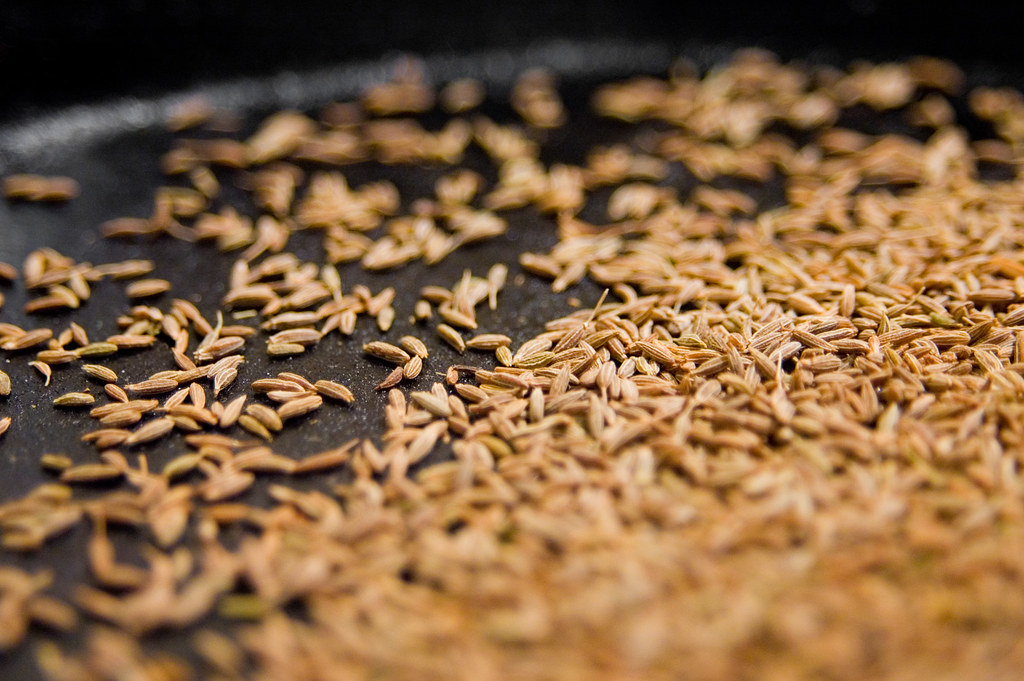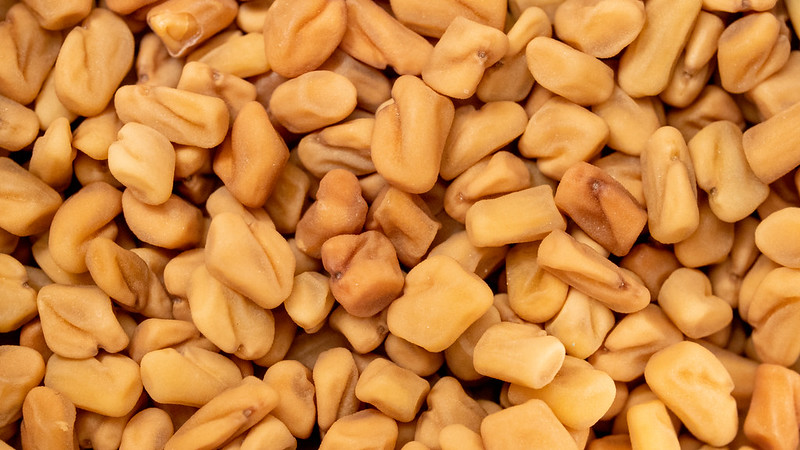
Sleep plays a crucial role in maintaining a healthy weight, yet its significance is often underestimated. This detailed guide examines the connection between sleep and weight management, highlighting why quality sleep is essential for overall health and effective weight control.
Understanding the Sleep-Weight Connection
- Hormonal Balance: Sleep influences hormones like ghrelin and leptin, which regulate hunger and satiety. Lack of sleep can lead to increased appetite and cravings for high-calorie foods.
- Metabolism: Adequate sleep is essential for a healthy metabolism. Disrupted or insufficient sleep can lead to metabolic dysregulation, impacting how the body processes and stores energy.
- Energy Levels and Physical Activity: Good sleep contributes to higher energy levels, making you more likely to engage in physical activity.
Effects of Sleep Deprivation on Weight
- Increased Appetite: Sleep deprivation can increase feelings of hunger and decrease feelings of fullness.
- Craving High-Calorie Foods: Lack of sleep often leads to cravings for foods high in fat and sugar.
- Impaired Insulin Sensitivity: Poor sleep can affect the body’s ability to regulate blood sugar, increasing the risk of weight gain and type 2 diabetes.
Tips for Improving Sleep Quality
- Consistent Sleep Schedule: Stick to a regular bedtime and wake-up time.
- Create a Restful Environment: Ensure your bedroom is dark, quiet, and cool.
- Limit Exposure to Blue Light: Reduce screen time before bed.
- Relaxation Techniques: Engage in activities like reading or meditation to unwind.
- Avoid Stimulants: Limit caffeine and alcohol, especially in the evening.
The Role of Sleep in Dieting and Exercise
- Diet: Adequate sleep supports dietary efforts by regulating appetite hormones and reducing impulsive eating.
- Exercise: Better sleep enhances physical performance and recovery.
Sleep Disorders and Weight Management
Conditions like insomnia and sleep apnea can significantly impact weight management. Seeking medical advice for sleep disorders is crucial.
For more in-depth insights and to join a community focused on holistic health, visit the BackOnTrack WeightLoss Challenge. This challenge provides extensive resources on nutrition, exercise, and sleep for effective weight management.
Understanding and prioritizing sleep is a key component of a successful weight management strategy. By ensuring quality sleep, you support your body’s natural regulatory systems, contributing to a healthier weight and overall well-being.
10 FAQs for “Importance of Sleep in Weight Management: A Comprehensive Guide”
- How does sleep affect weight management? Adequate sleep regulates appetite hormones, supports a healthy metabolism, and increases energy levels, all of which are crucial for effective weight management.
- Can lack of sleep lead to weight gain? Yes, insufficient sleep can increase appetite, cravings for high-calorie foods, and disrupt metabolic processes, potentially leading to weight gain.
- What is the ideal amount of sleep for weight management? Most adults require 7-9 hours of sleep per night for optimal health and weight management.
- How does sleep influence cravings and food choices? Poor sleep can increase cravings for sugary and fatty foods due to hormonal imbalances and energy deficits.
- Can improving sleep quality aid in weight loss? Yes, better sleep can help regulate appetite, improve energy levels for physical activity, and support overall metabolic health, aiding in weight loss.
- What are some tips for better sleep? Maintaining a consistent sleep schedule, creating a restful environment, limiting blue light exposure, and practicing relaxation techniques can improve sleep quality.
- How does sleep impact exercise performance? Adequate sleep enhances physical performance and recovery, making exercise more effective and enjoyable.
- Can sleep disorders affect weight management? Sleep disorders like insomnia and sleep apnea can disrupt sleep patterns, negatively impacting weight management efforts.
- Does the quality of sleep matter more than quantity? Both quality and quantity are important; restful, uninterrupted sleep is as crucial as the total hours of sleep.
- Are naps beneficial for weight management? While naps can’t replace regular sleep, short naps may help alleviate sleep deficits and support overall well-being.
Blog Tags for the Post
sleep and weight management, healthy sleep habits, weight loss, metabolism, sleep deprivation, appetite control, diet and sleep, exercise performance, sleep disorders, health and wellness













